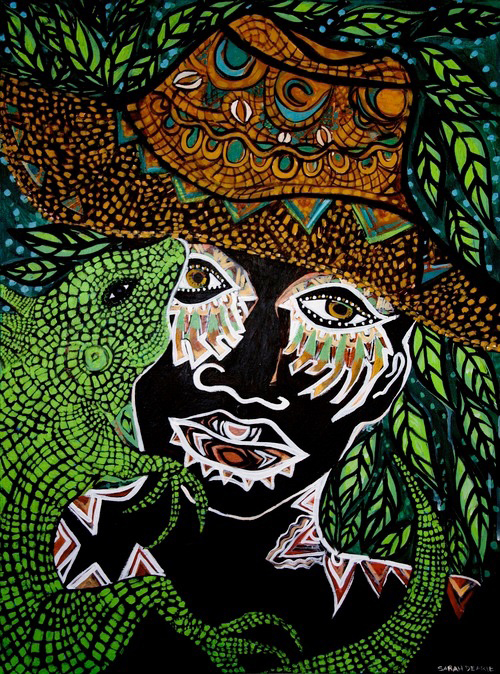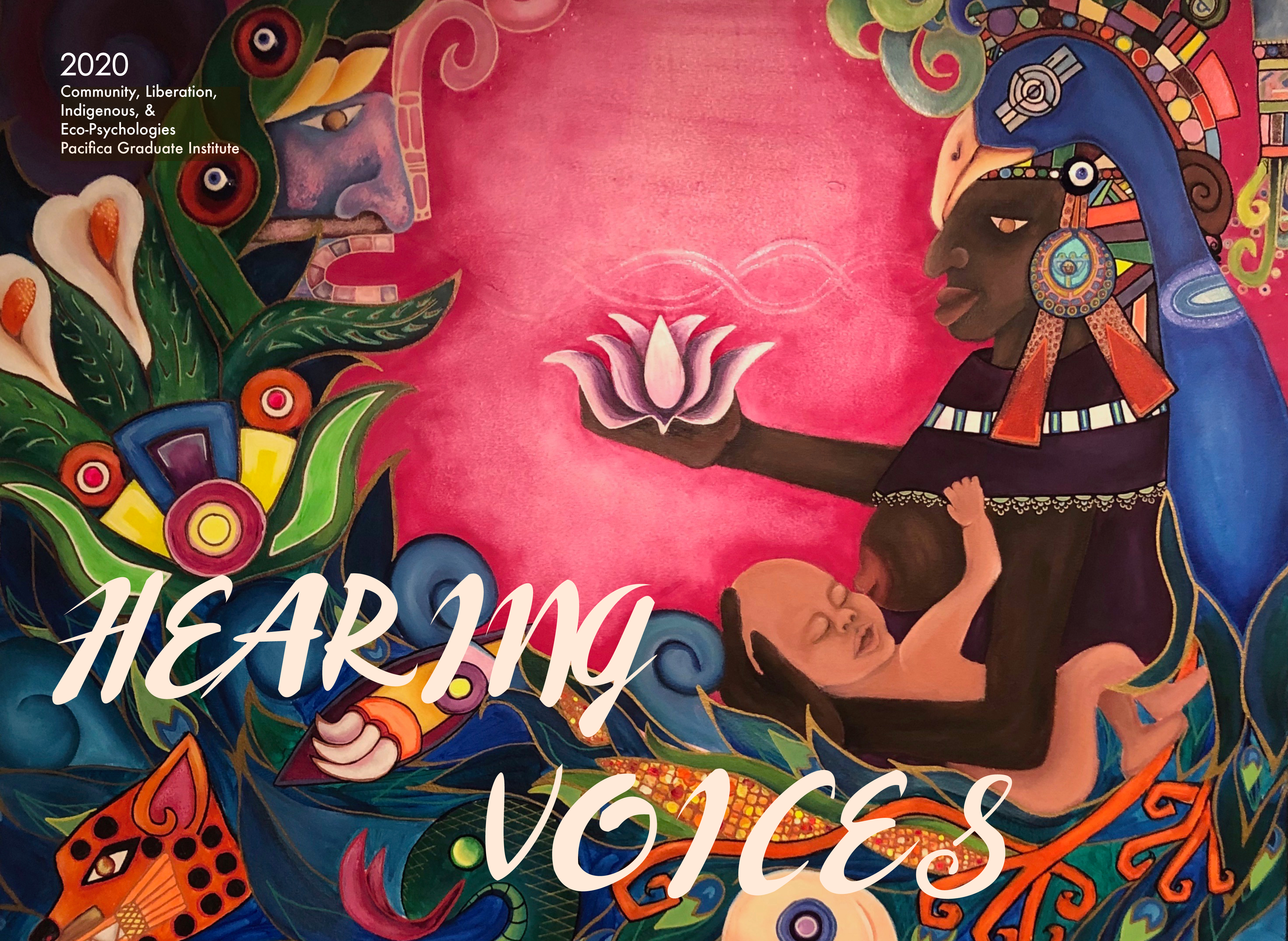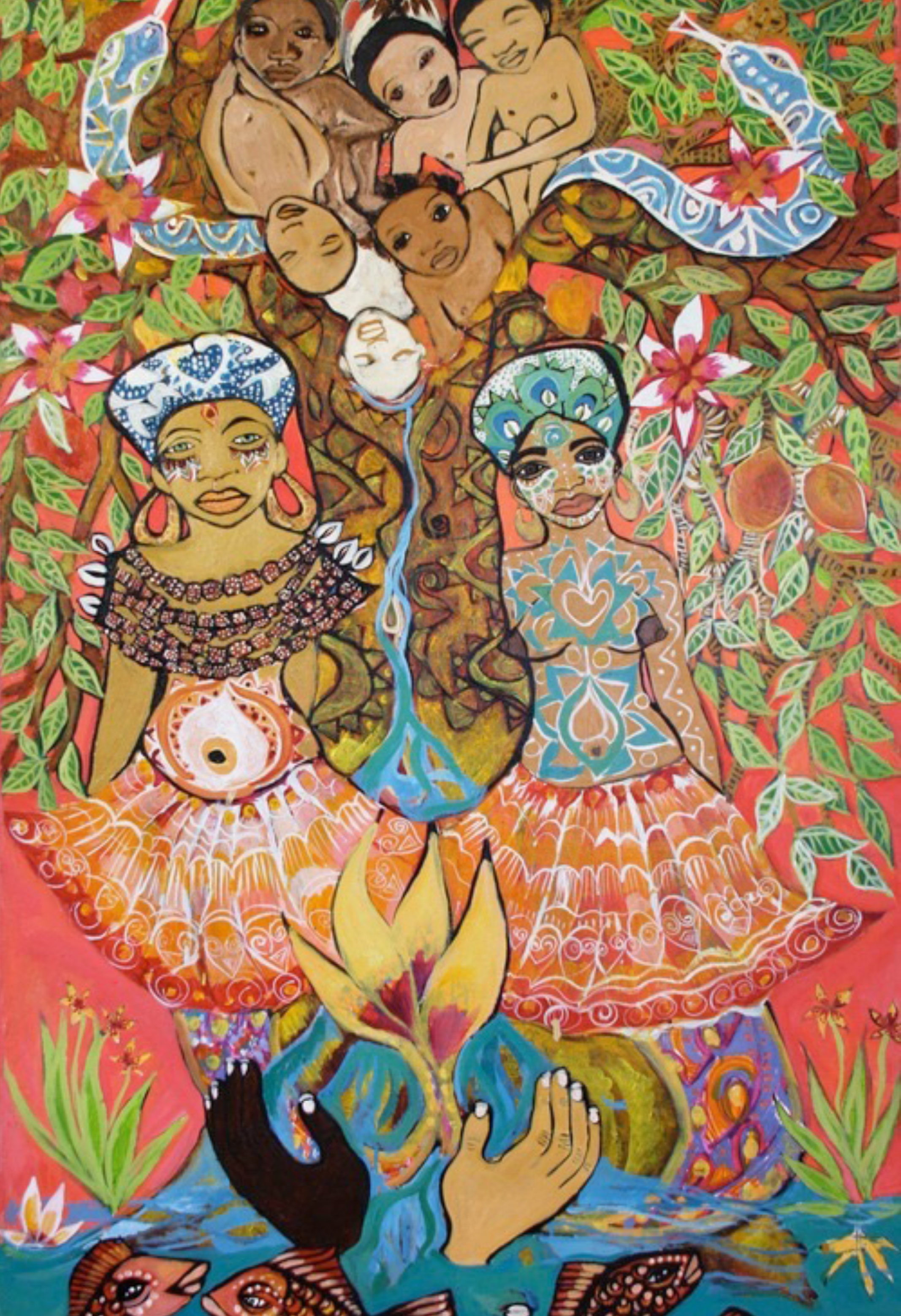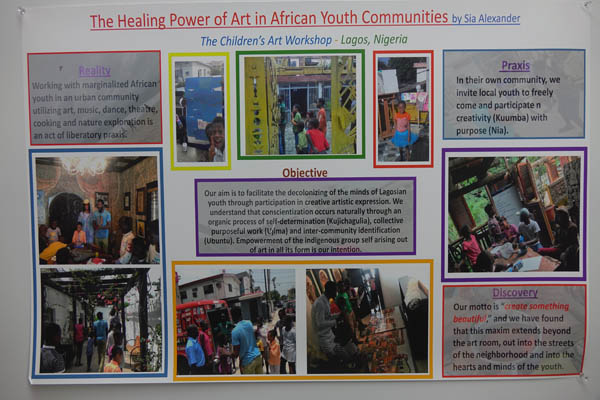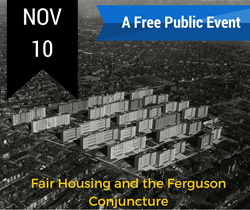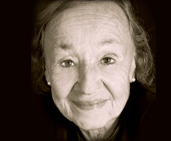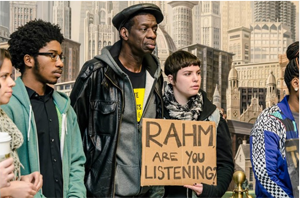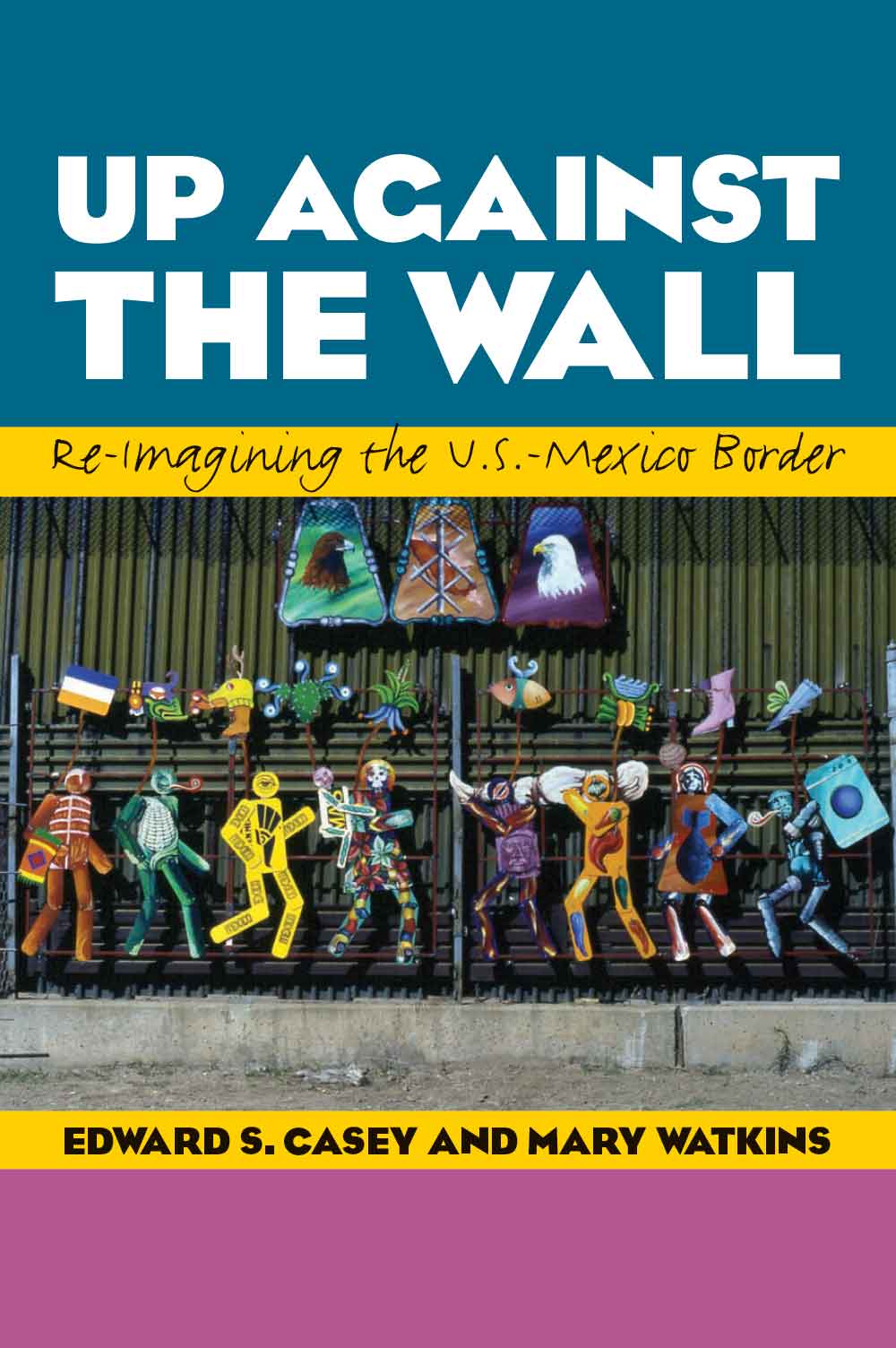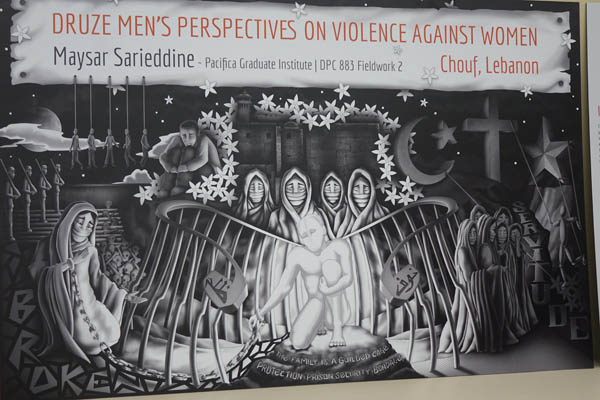The Community, Liberation, Indigenous, and Eco-Psychologies (CLIE) M.A./Ph.D. specialization at Pacifica brings together scholars who pursue vocations oriented toward social and environmental justice. These efforts are brought together in our annual publication, Hearing Voices. We'd like to introduce you to the work of Katie Robinson, our 2nd year CLIE student, poet, and sexuality educator.
On Queerness As Praxis
By Katie Robinson
If part of decoloniality is about naming what hurts and why, equal part must also be about screaming what feels good and why. Queers raised in a western colonial and neocolonial context, in all
our vibrant multiplicity, have always been good at this, having continually broken from, acted against, and thrived outside of a colonial expectation and construct based in erotophobia. Many of us have decided to live and build community around a full bodied, “yes, this!” in the direction of pleasure as an authentic self and with others.


